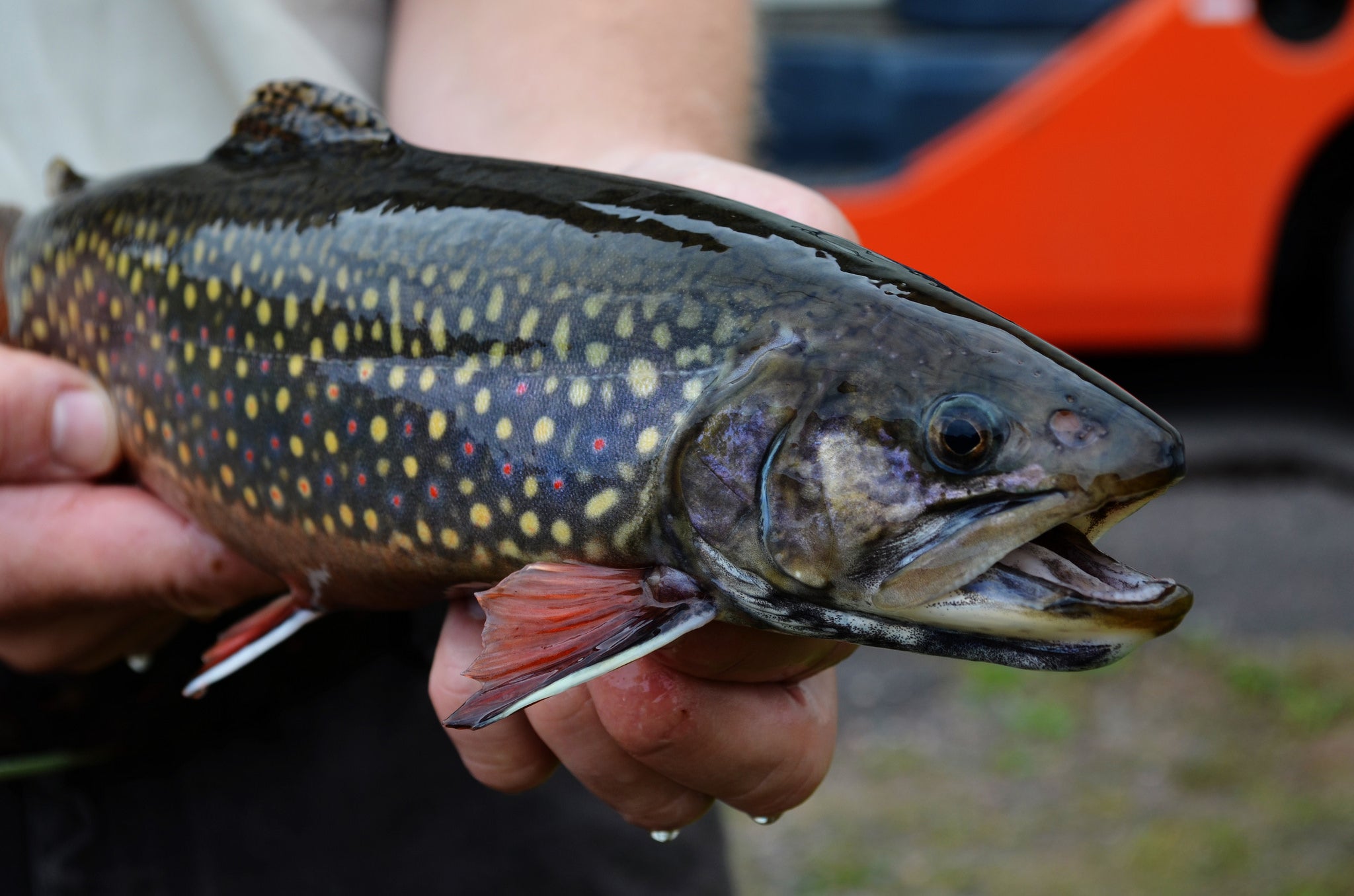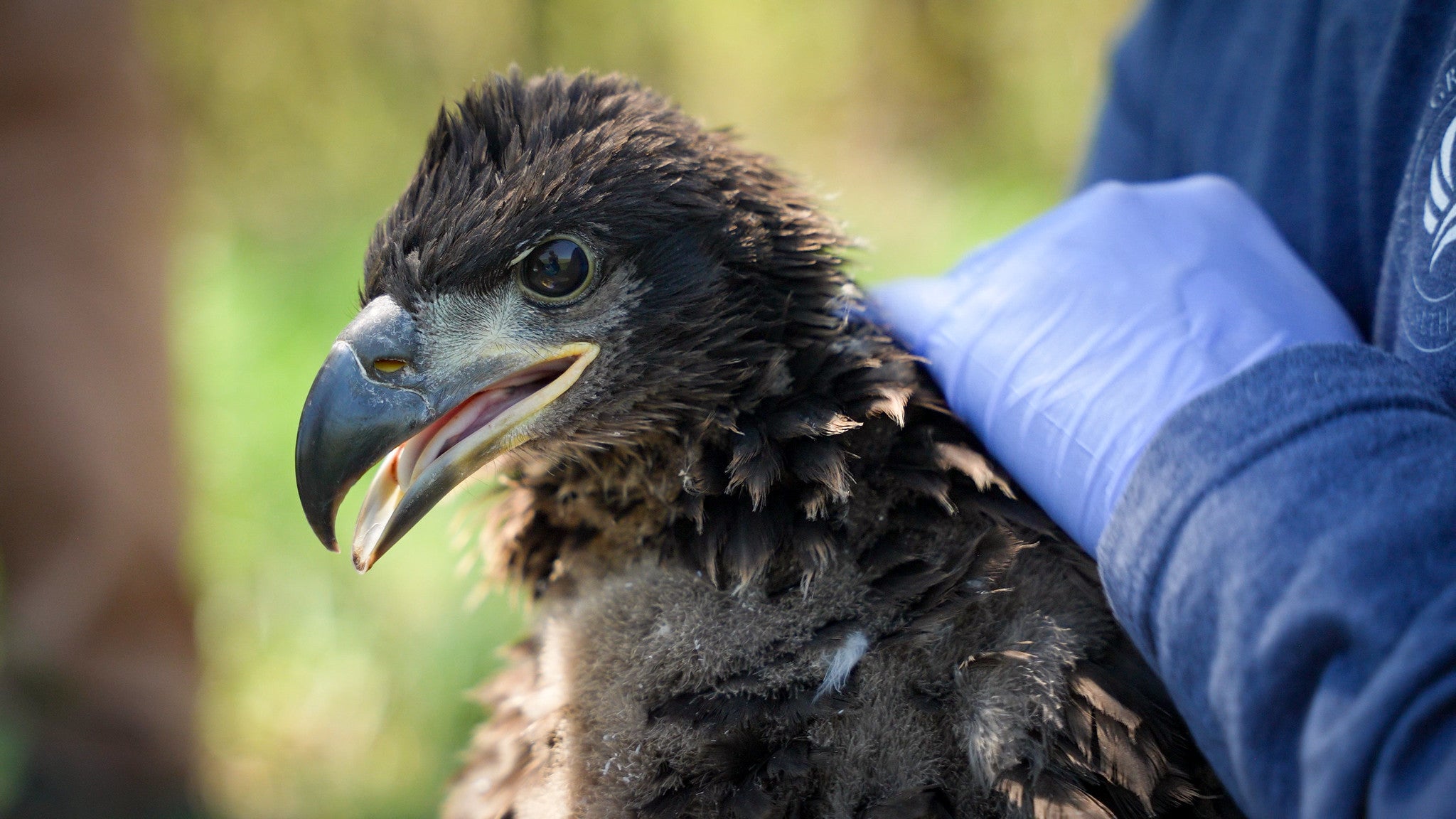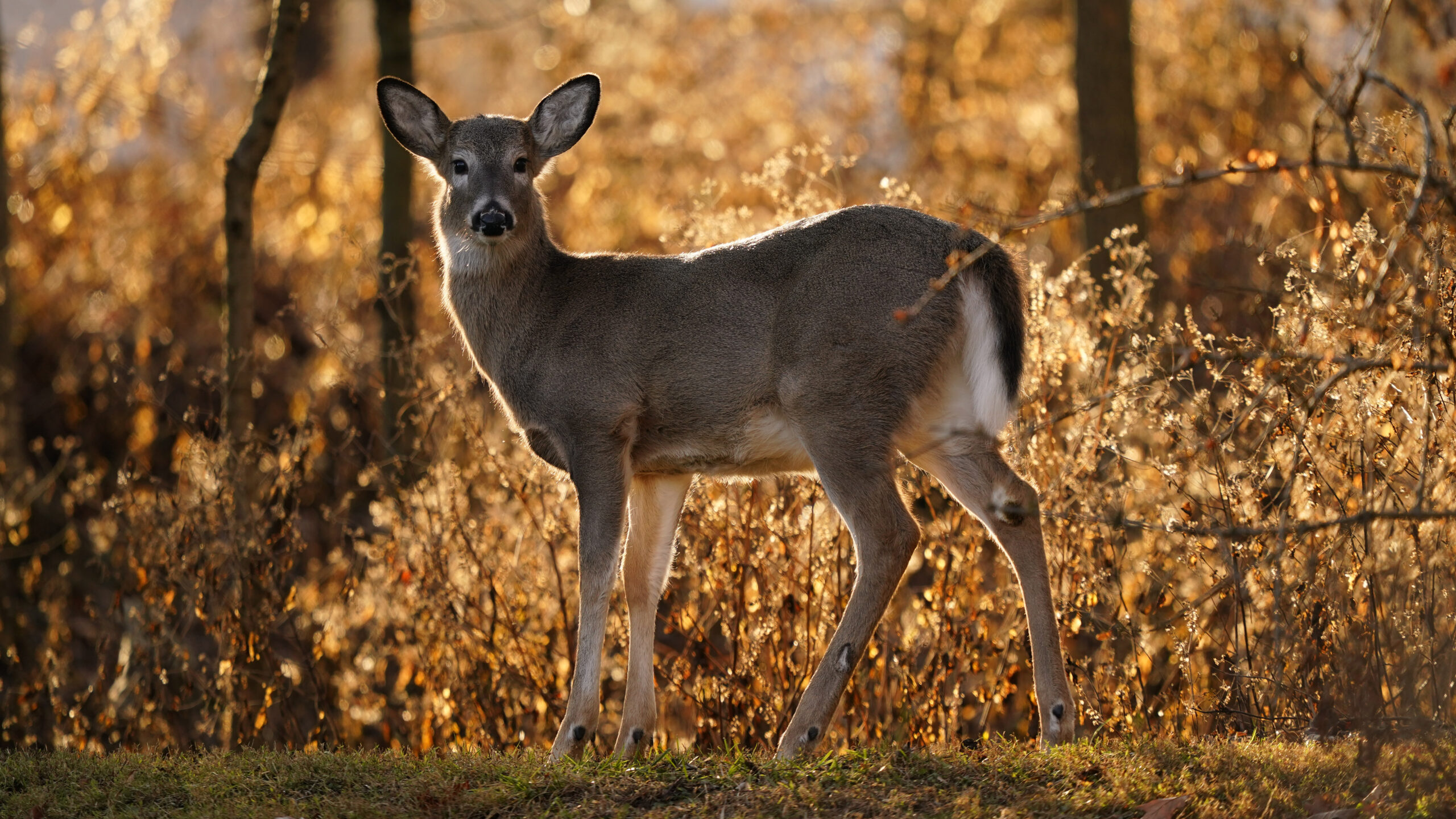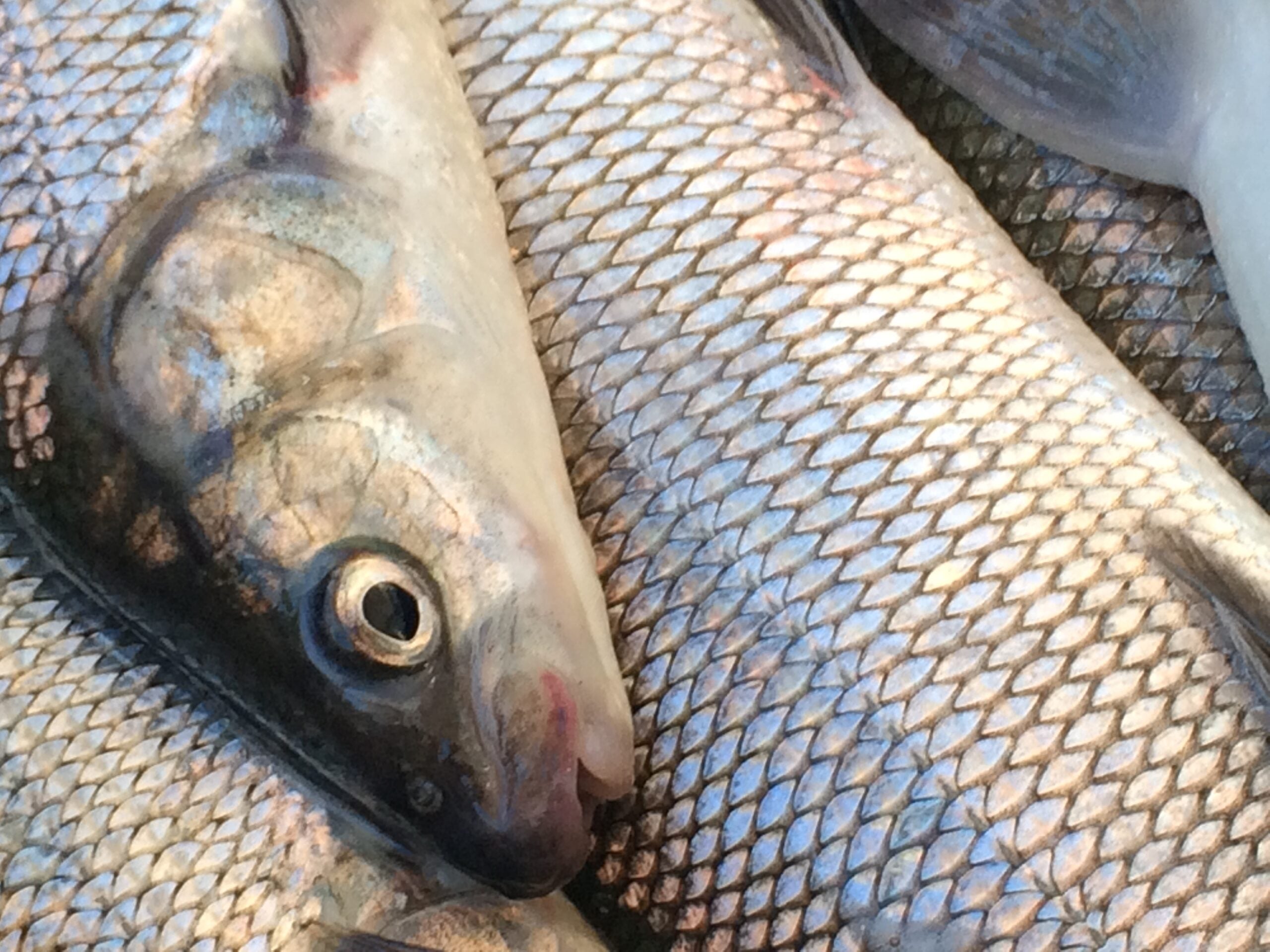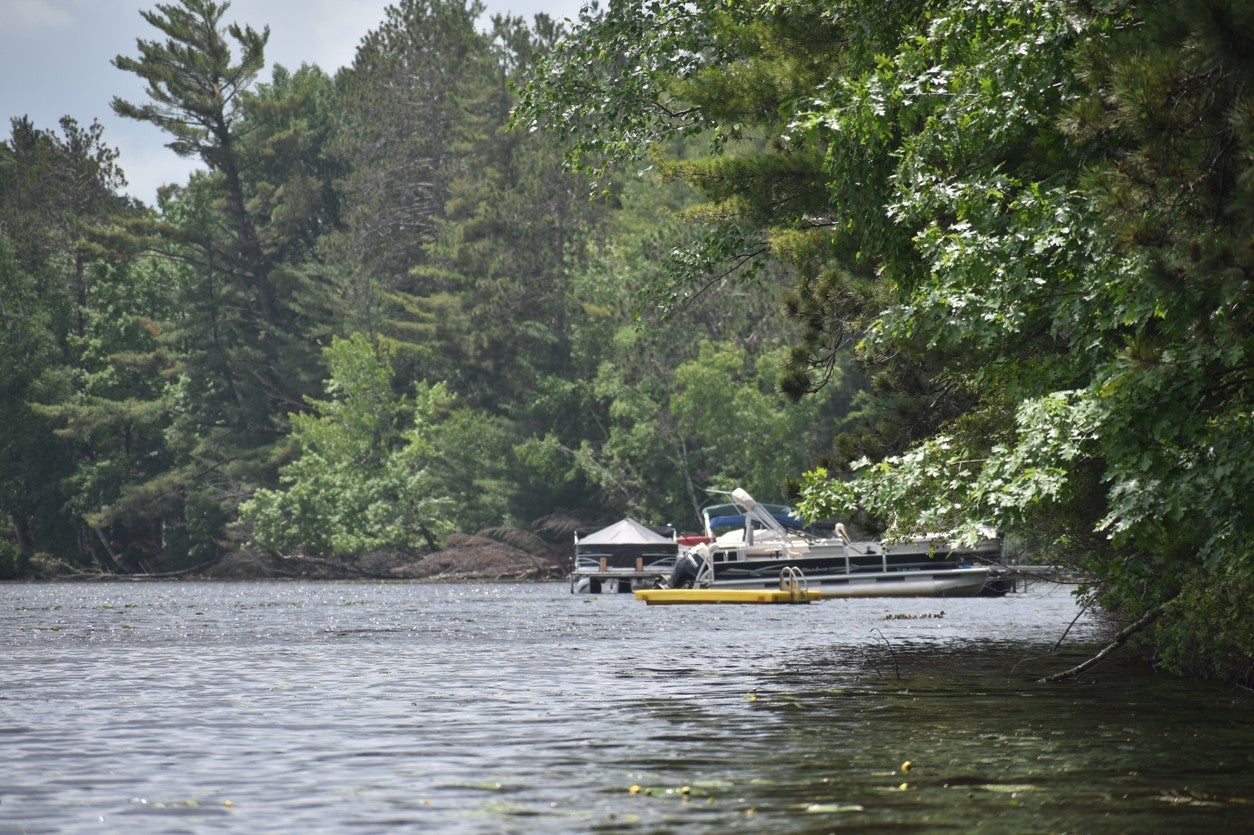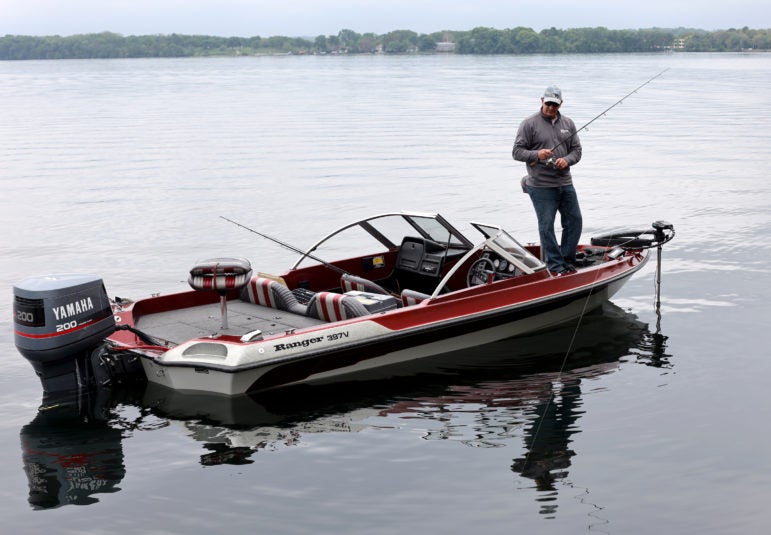A proposal to hold Wisconsin’s inland trout opener a month earlier is reeling in support from the state’s conservation community.
Most people backed moving opening day for the regular trout season from early May to the first Saturday in April during annual spring hearings hosted by the Wisconsin Conservation Congress and Department of Natural Resources. The citizen-based group advises the DNR and the Natural Resource Board on how to manage the state’s resources.
The hearings give the public a chance to weigh in on natural resource management. More than 9,200 people participated in online and in-person hearings this year.
The DNR proposed 43 potential changes to fish and wildlife management that may result in new regulations, including the proposal to hold the trout opener earlier in the spring. The agency suggested the shift to provide more opportunity for anglers, according to Scott Loomans, the DNR’s acting liaison for the Wisconsin Conservation Congress.
“Our trout population is doing very well. Currently fishing is allowed, but it’s catch and release,” Loomans said. “We have no reason to think that we can’t support more use of that resource.”
Around 46 percent of participants voting on the issue backed the move, and around 27 percent opposed the shift. Remaining voters had no opinion on the matter.
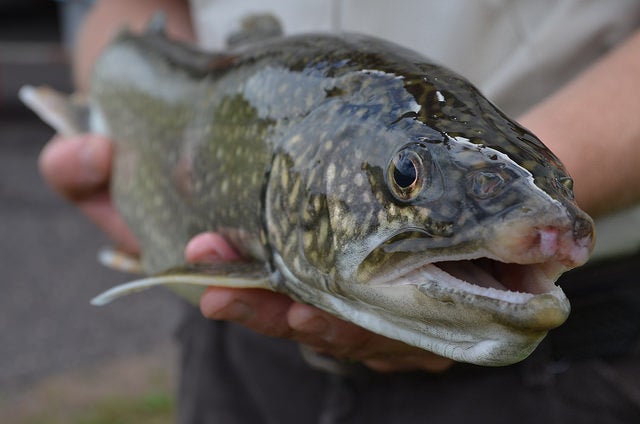
News with a little more humanity
WPR’s “Wisconsin Today” newsletter keeps you connected to the state you love without feeling overwhelmed. No paywall. No agenda. No corporate filter.
The Wisconsin Council of Trout Unlimited didn’t take a public stance on any of the potential changes to fishing regulations, according to Mike Kuhr, the group’s advocacy chair. However, he said, there was a lot of disagreement among members over the proposal for the earlier season, particularly in northern Wisconsin. He said April is typically closed to give recently hatched fish a chance to grow, adding the ice out date is often later in northern waters.
“I think a lot of folks feel like there’s a lot of streams in the south where it’s probably not going to impact trout populations all that much to have an extra month of harvest. We also know that there are quite a few streams that don’t have real stable trout populations, and I think they could be a little more susceptible to over harvest,” Kuhr said.
Kuhr said he would rather see a split season between northern and southern Wisconsin — similar to the musky season, which starts earlier in southern Wisconsin and later up north.
Around 41 percent of voters also backed a proposal to change the state’s daily bag limit from three trout to five. Around 27 percent opposed the move, and remaining voters had no opinion.
Kuhr said there’s similar concerns about overharvest for some trout streams that don’t have as many fish, saying any new regulations should be monitored closely to gauge impacts on the trout population. Loomans said changing the bag limit would simplify regulations and increase harvest opportunity for anglers, adding it wouldn’t affect any special restrictions on streams.
The Natural Resources Board will consider potential changes to wildlife and fishing regulations at its meeting in June.

Voters weigh in on PFAS, pipelines, wake boats and more
Voters also weighed in on three questions posed by the Natural Resources Board and 28 questions from the Wisconsin Conservation Congress.
The DNR’s policy board asked voters whether they would support exempting regulations for PFAS from the REINS Act. Nearly 50 percent of voters backed the move with 23 percent opposed. Remaining voters had no opinion.
The 2017 law aimed to limit excessive compliance costs of regulations. As a result, the DNR was forced to abandon groundwater standards for the toxic forever chemicals in 2023 because the cost to implement them exceeded the law’s threshold, requiring legislative approval. Small communities like the towns of Peshtigo, Stella and Campbell are struggling with PFAS contamination of private wells that draw from groundwater.
Around 77 percent of voters also said they support requiring pipeline owners and operators to submit spill notifications jointly to state and federal agencies. The question follows an oil spill of roughly 69,000 gallons from an Enbridge pipeline in November that wasn’t publicly reported until a month later. The DNR has said the spill was initially reported to be much smaller.
As for the Wisconsin Conservation Congress, participants backed all questions brought forward by the citizens advisory group.
About 55 percent of voters supported increasing deer hunting license fees, which haven’t been raised in two decades. Around 72 percent of participants also backed allowing DNR wardens to enforce local ordinances on Wisconsin lakes related to wake boats amid growing concerns about their effects on shoreline erosion, fish habitats and potential spread of invasive species. Both items would require legislation to implement.
Around 71 percent of participants also backed increasing funding for efforts to control manure runoff into waterways, as well as an independent team to recommend changes to promote water protection.
Voters also supported harvesting white deer in Jefferson, Marathon, Portage, Winnebago and Wood Counties. They backed eliminating lead ammunition and fishing tackle.
Wisconsin Public Radio, © Copyright 2026, Board of Regents of the University of Wisconsin System and Wisconsin Educational Communications Board.

